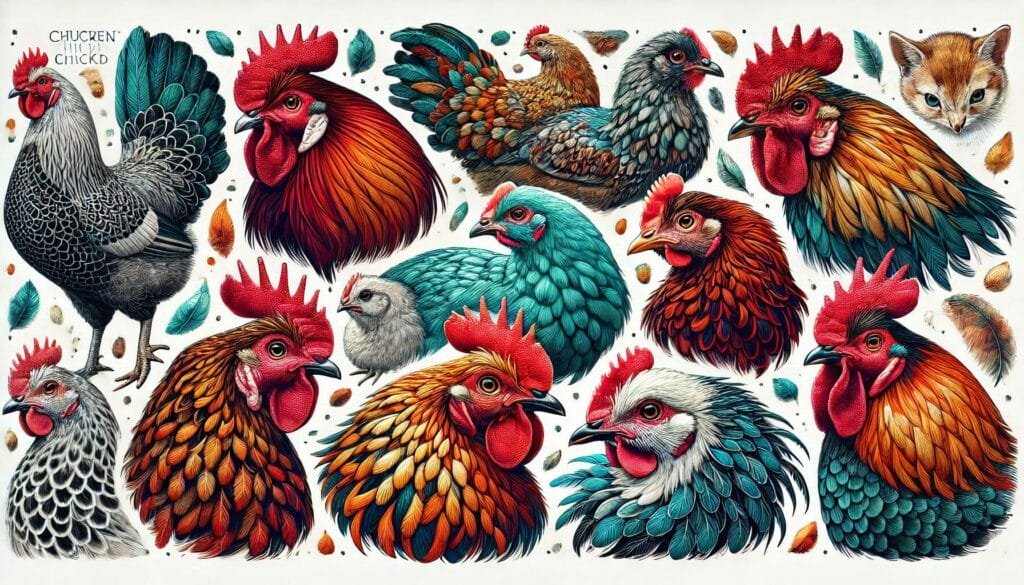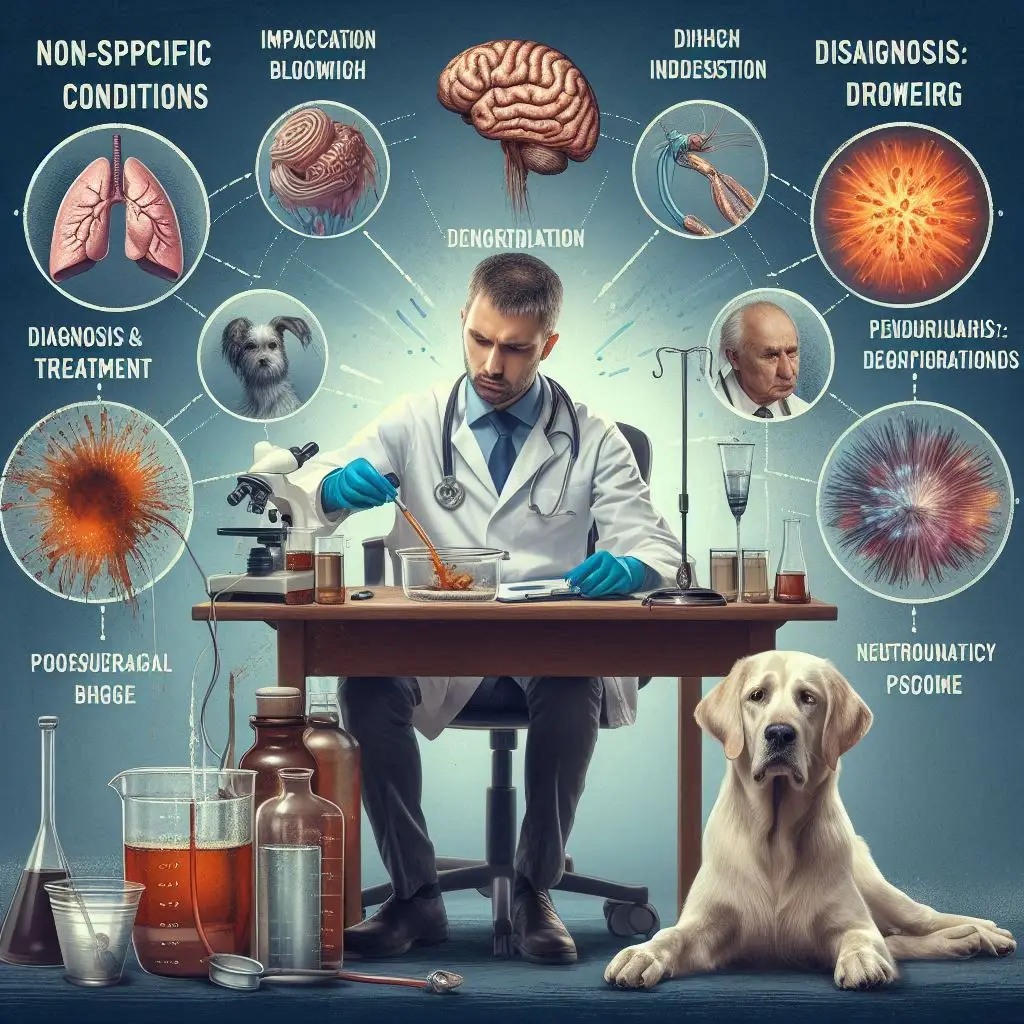Pantothenic Acid (B5) Deficiency in Birds

What is Pantothenic Acid (Vitamin B5)?
Pantothenic acid, or vitamin B5, is a water-soluble vitamin that plays a crucial role in a bird’s metabolism. It is essential for energy production, immune function, and feather growth. Deficiency of this vitamin can cause serious health issues, affecting growth, skin, and the nervous system.
Symptoms of Pantothenic Acid Deficiency in Birds
Common Signs of Deficiency
- Dermatitis and Skin Issues – Birds may develop thickened, cracked, and inflamed skin, especially on the feet and beak. Crusty lesions may appear.
- Poor Growth and Development – Young birds exhibit stunted growth, poor feather quality, and delayed development.
- Neurological Problems – Birds may show weakness, tremors, and incoordination due to the vitamin’s role in nerve function.
- Digestive Disorders – Loss of appetite, diarrhea, and poor nutrient absorption can occur.
- Immune System Weakness – Increased susceptibility to infections due to weakened immunity.
For more details, refer to Merck Veterinary Manual.
Causes of Vitamin B5 Deficiency in Birds
Dietary Deficiencies
A major cause of pantothenic acid deficiency is an imbalanced diet. Birds fed on poor-quality seeds or processed feeds lacking B5 can develop deficiency symptoms. Learn about balanced avian diets.
Malabsorption Issues
Some birds suffer from digestive disorders, leading to poor absorption of nutrients. Conditions such as intestinal infections or chronic diseases can reduce vitamin intake.
Increased Nutritional Demands
Growing chicks, breeding birds, and stressed birds have higher requirements for vitamin B5. If their diet does not meet these needs, they may become deficient.
Effects of Pantothenic Acid Deficiency in Different Bird Species
Chickens
Chickens with B5 deficiency show footpad dermatitis, beak abnormalities, and reduced hatchability rates. Severe cases result in nervous system disorders.
Parrots and Pet Birds
Parrots may develop feather loss, skin problems, and behavioral changes. Timely supplementation is crucial to prevent long-term health issues.
Game Birds and Wild Birds
Game birds like pheasants and quails require adequate vitamin B5 for survival. Deficiency can cause high mortality rates in young birds.
For more information, check this research on avian nutrition.
How to Prevent Pantothenic Acid Deficiency in Birds
Provide a Balanced Diet
Ensure birds receive a diet rich in vitamin B5. Foods such as whole grains, eggs, and green vegetables provide adequate levels.
Use Quality Bird Feeds
Commercially available bird feeds formulated for specific species contain essential vitamins, including B5. Check recommended bird feeds.
Supplementation
Vitamin supplements can be added to drinking water or feed, especially for birds at risk. Consult an avian vet before supplementation.
Treatment of Vitamin B5 Deficiency
Correcting the Diet
Increasing B5-rich foods and using fortified feed can help reverse early symptoms of deficiency.
Medical Intervention
Severely affected birds may require veterinary care, including vitamin injections or specialized diets.
For guidance, visit American Veterinary Medical Association.
Conclusion
Pantothenic acid is vital for a bird’s health. Deficiency can cause severe skin issues, growth retardation, and neurological disorders. Providing a balanced diet and quality supplements can prevent these problems. Always consult an avian veterinarian if symptoms arise.
For more pearls of Vets Wisdom:
Random Genetic Drift






Responses